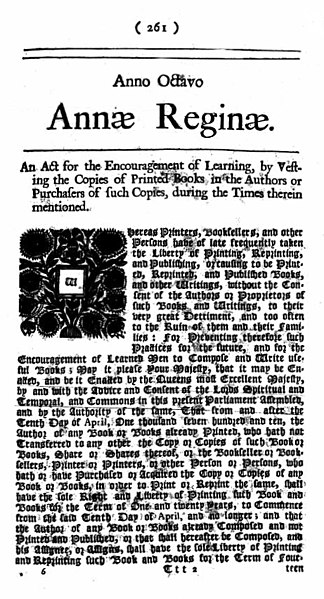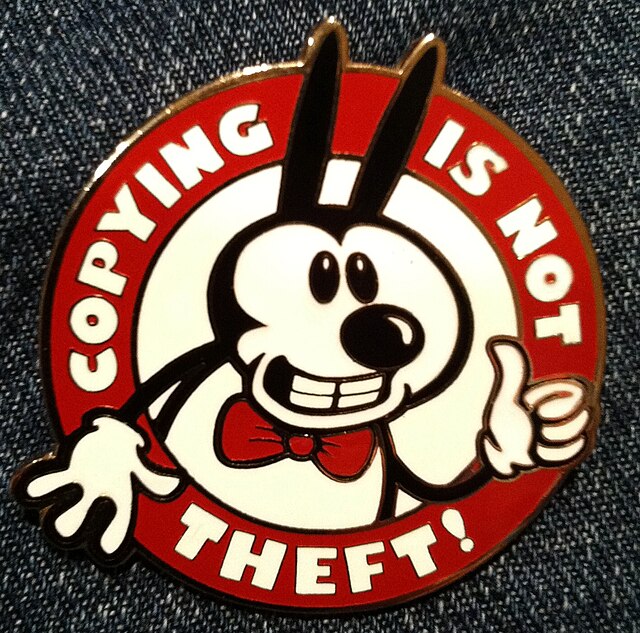A trademark is a type of intellectual property consisting of a recognizable sign, design, or expression that identifies a product or service from a particular source and distinguishes it from others. A trademark owner can be an individual, business organization, or any legal entity. A trademark may be located on a package, a label, a voucher, or on the product itself. Trademarks used to identify services are sometimes called service marks.
Bass Brewery's logo became the first image to be registered as a trademark in the UK, in 1876.
A product bearing "Linux" name, but not infringing the trademark owned by Linus Torvalds, because it falls into a different category
Intellectual property (IP) is a category of property that includes intangible creations of the human intellect. There are many types of intellectual property, and some countries recognize more than others. The best-known types are patents, copyrights, trademarks, and trade secrets. The modern concept of intellectual property developed in England in the 17th and 18th centuries. The term "intellectual property" began to be used in the 19th century, though it was not until the late 20th century that intellectual property became commonplace in most of the world's legal systems.
Intellectual property laws such as trademark laws forbid the sale of infringing goods like these "McDnoald's" [sic] and "NKIE" [sic] sandals from China.
The Statute of Anne came into force in 1710.
Demonstration in Sweden in support of file sharing, 2006
"Copying is not theft!" badge with a character resembling Mickey Mouse in reference to the "in popular culture" rationale behind the Sonny Bono Copyright Term Extension Act of 1998



![Intellectual property laws such as trademark laws forbid the sale of infringing goods like these "McDnoald's" [sic] and "NKIE" [sic] sandals from Chin](https://upload.wikimedia.org/wikipedia/commons/thumb/0/07/Nike%2C_McDonald%E2%80%99s_copyright_infringing_sandals_in_China.jpg/483px-Nike%2C_McDonald%E2%80%99s_copyright_infringing_sandals_in_China.jpg)


